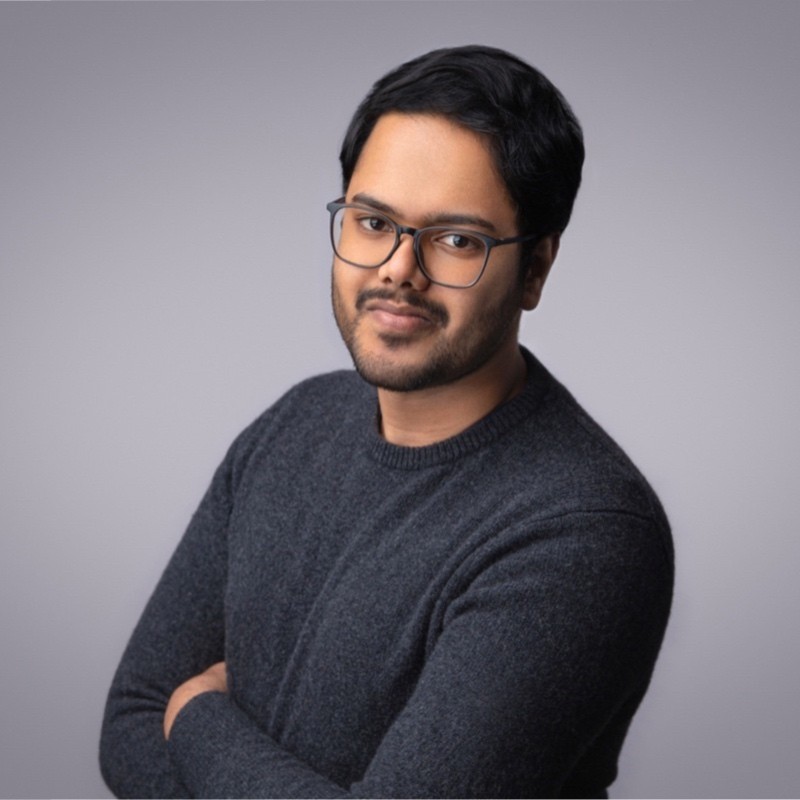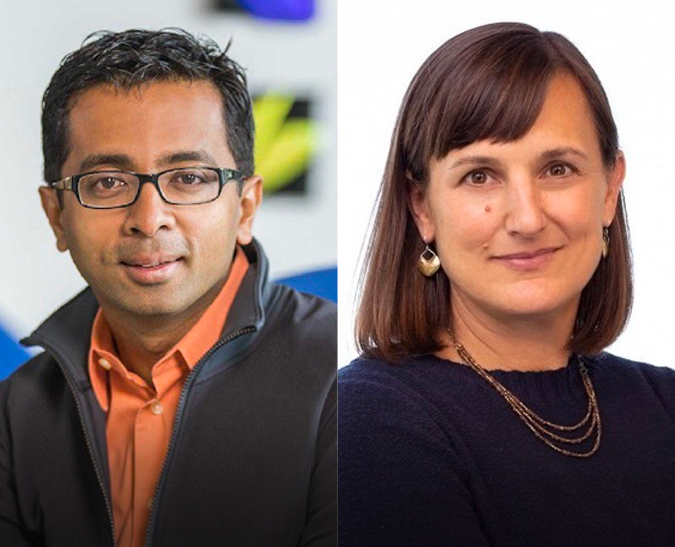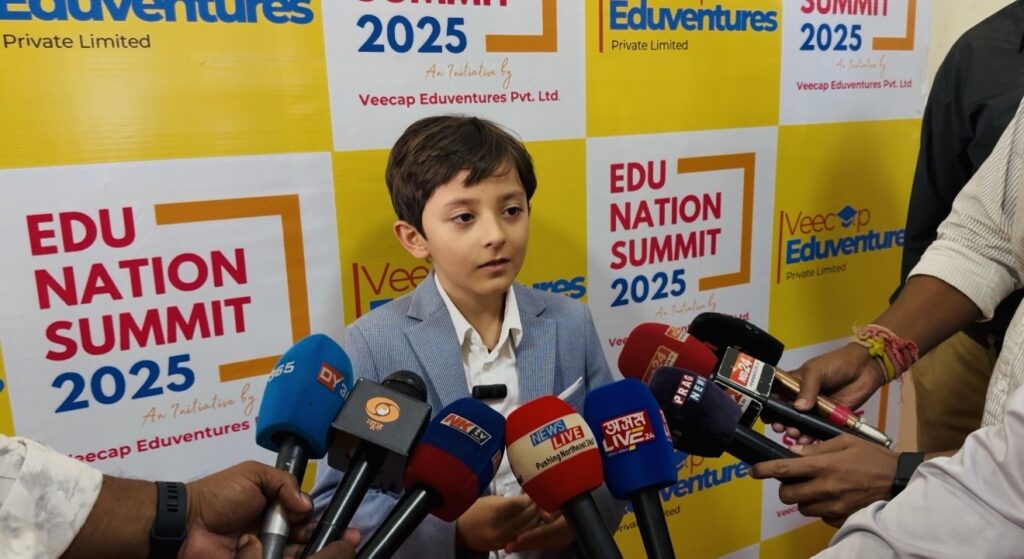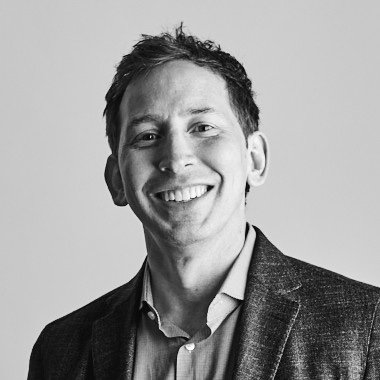Nearly four centuries ago, Italian astronomer Galileo Galilei sought to measure the speed of light by conducting a lantern experiment on the hills surrounding Florence. And although the experiment was unsuccessful, as the speed of light is too fast for human perception, Galilei was standing on the ground that would eventually root some of the most resilient olive groves in Tuscany, now used by Arsenio to produce organic and premium olive oil.
Since 2019, Arsenio has produced cold-pressed extra virgin olive oil, guided by the preservation of their product’s natural flavors and the importance of organic agriculture. Olives are carefully handpicked in October from the groves set where Galilei once stood and pressed on the same day of harvest.
“My vision was to create a standalone company dedicated to olive oil. I wanted it to be a separate business with its own financial plan, logistics, and team- not just another product in a wine portfolio,” Arsenio CEO and founder Arsen Khachaturyants told StartupBeat.
As a mathematician and professional chef, Khachaturyants sought to blend mathematical precision and gastronomy to create a product that benefited both consumers and the environment through practices of sustainable agriculture.
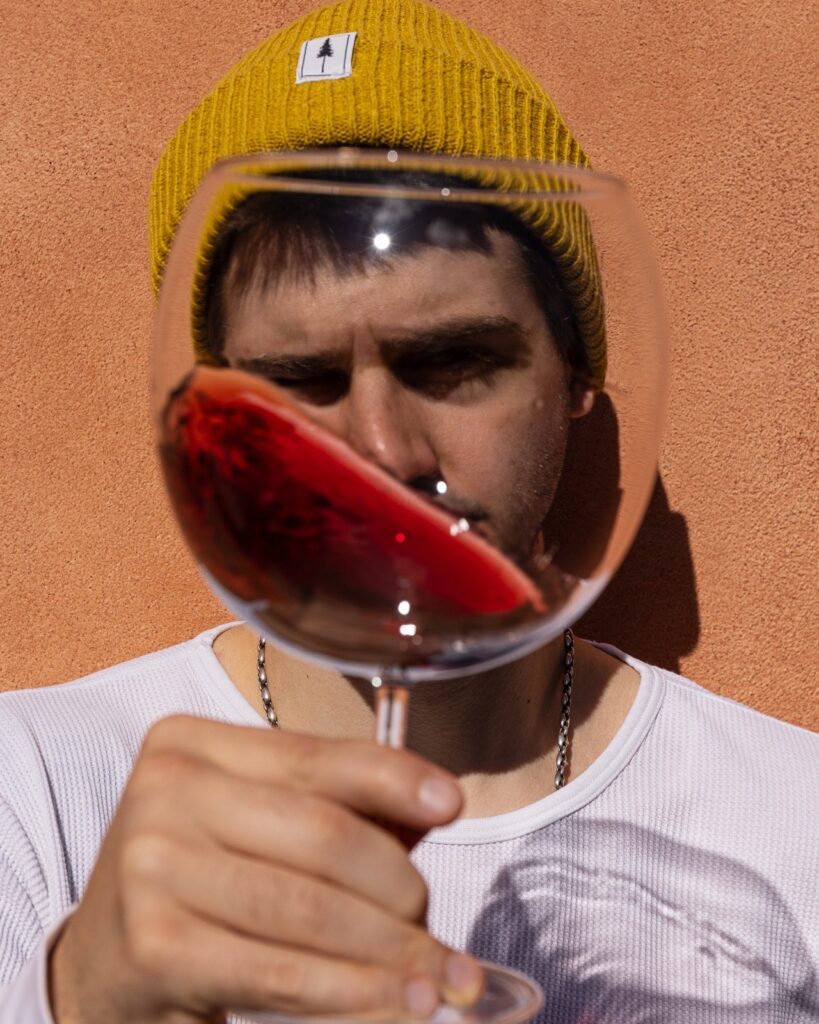
“We are fully organic, using no inorganic pesticides or herbicides. Olives are naturally resilient plants, so we only help them when absolutely necessary. We don’t irrigate our olive groves, keeping everything sustainable,” Khachaturyants affirmed.
In spite of its sustainable practices, however, Arsenio still faces the ever-present threats of climate change, volatile markets, and rising demand from around the world in the context of environmentally-reduced capacities.
According to the International Olive Council (IOC), an intergovernmental organization connecting industry stakeholders, global olive oil consumption will reach well over 3 tonnes in the 2024/25 crop year, representing a 10% increase compared to 2023/24. However, fluctuating production data suggests dynamic consumer prices, with producers stretching thin to meet the global demand.
Olive oil consumption has increased by over 80% in the 21st century, reaching new markets from China to Mexico. Khachaturyants highlights recent nutritional and health trends in non-olive-producing countries as a factor in this global phenomenon.
“In America, social media and nutritionists have strongly influenced olive oil perception, promoting it as a healthy food booster. In Asia, the market varies- Japan has sophisticated knowledge about Italian products, while China is an emerging market where consumer education about olive oil is crucial,” he noted.
Olive cultivation has been increasingly hindered by climate change, however. Especially in the Mediterranean basin, where over 90% of the world’s olive oil is produced, water shortages and increasing temperatures threaten the industry as a whole. In Italy, environmental fluctuations alone may be responsible for the dynamic trends of olive oil production, affecting both yields and quality.
Paradoxically, recent studies have also found that olive trees play a key role in addressing climate change. Through their photosynthesis processes, a single hectare of olive groves can capture and absorb 4.5 tons of CO2 per year, depositing it into the soil.
Khachaturyants spoke about his own experience with climate change and environmental setbacks.
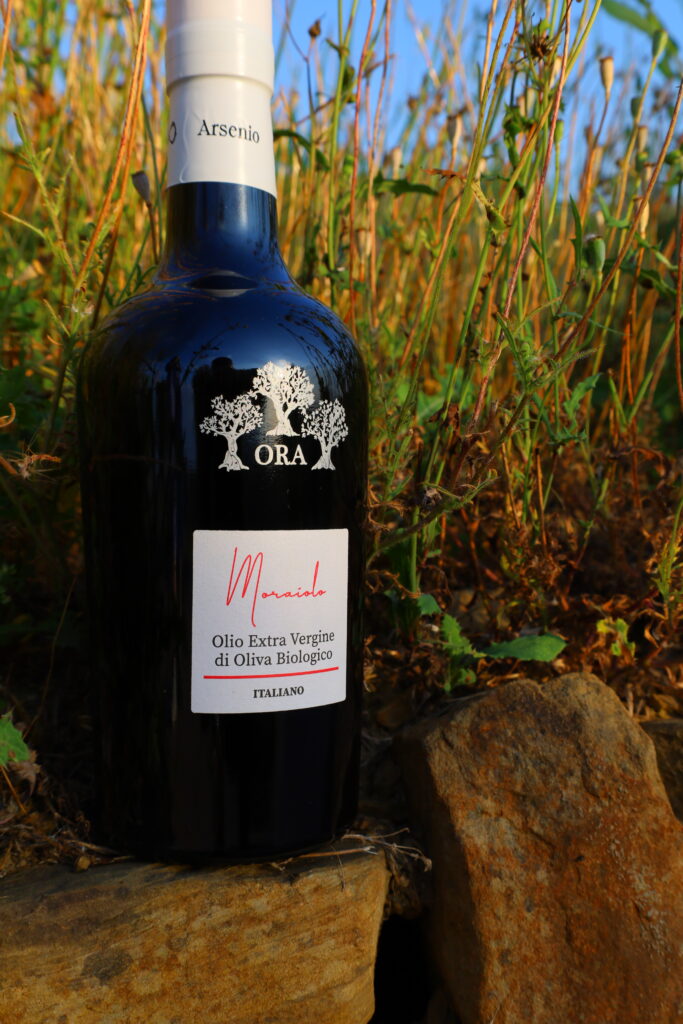
“Climate change is affecting us, though it impacts our olive oil more in terms of yield than quality. Last year, for instance, southern Italy produced only 30% of its potential due to climate conditions.”
The 24-year-old entrepreneur holds a degree in mathematics from New York University. He has also completed the Wine & Spirit Education Trust Diploma and is currently finishing his second master’s degree in viticulture and wine management in Bordeaux. Regardless, the inspiration for Arsenio came to him at just 20 years old.
“Olive oil has always fascinated me. When I was in Italy, surrounded by olive groves near our vineyards, I saw an opportunity to craft artisan, high-quality, organic extra virgin olive oil. That’s how Arsenio began,” the founder explained.
His multifaceted background has helped him steer the company with clarity, albeit without compromising his goal of producing top-tier olive oil.
“My mathematics background, particularly my work with chaos theory and dynamical systems, has been incredibly helpful. I learned that theoretical concepts work not just on paper, but in reality… blending olive oil is all about calculations, probabilities, and understanding proportions and subtle variations.”
Organic olive oil production is especially difficult because of the ever-present environmental volatility and arduous certification processes. While conventional processes and supply chains are more cost effective, negative effects include depletion of natural resources, land degradation, air emissions, and waste generation.
It is on these concerns that Khachaturyants bases Arsenio’s every step.
“You cannot be both organic and conventional. Producers must make a choice. Many olive oil brands offer conventional options, which are usually cheaper, and they’ll add an organic line to appear environmentally conscious. But if you’re still producing conventional oil, you’re essentially trying to sit on both chairs at the same time.”
In 2025, Arsenio’s ORA Dilacato oil won the Gold Medal at the New York World Olive Oil Competition, and was certified as one of the world’s best olive oils by the Olive Oil Times. Looking towards the future, however, Khachaturyants seeks to continue fostering his products’ super-premium global market and explore ways through which processes can be made more sustainable.
“Our approach is complete transparency. We want to be completely open about our production process, agricultural practices, and everything we do. We believe this openness is how we’ll gain people’s trust,” the founder concluded.


